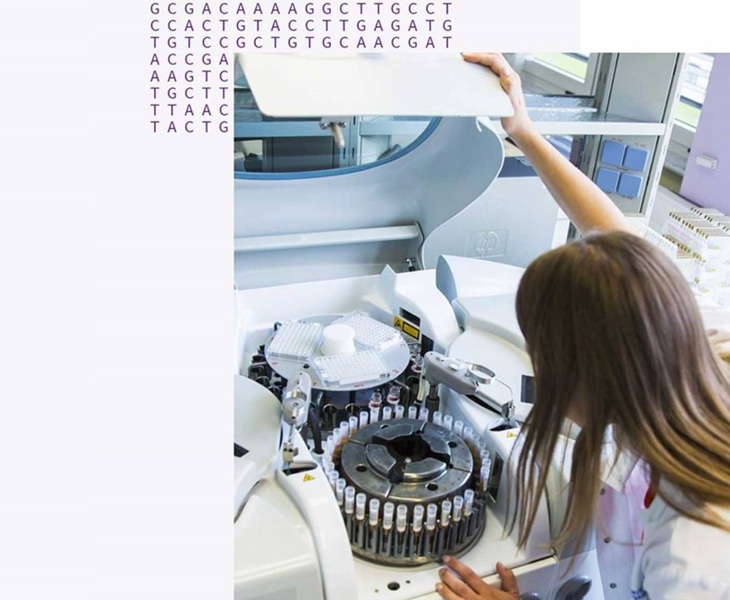Cutting-Edge Blood-Based Screening Test to Transform Early Detection of Pancreatic Cancer
Posted on 03 Jun 2025
Pancreatic ductal adenocarcinoma (PDAC) is one of the most lethal malignancies, largely because it is rarely caught early and diagnosed too late for curative treatment. The five-year survival rate remains around 12%, and currently, tools such as imaging and CA19-9 blood tests often miss early-stage cases. There is currently no recommended population-wide screening method for PDAC. Now, a cutting-edge blood-based screening test could transform early detection of pancreatic cancer, potentially saving lives by identifying the disease at more treatable stages.
The new test model, developed by Geneseeq Technology (Toronto, ON, Canada), in collaboration with leading clinical institutions, analyzes cell-free DNA (cfDNA) fragmentomics-specific patterns of DNA fragments shed into the bloodstream by cancer cells. By applying an advanced machine learning algorithm to shallow whole-genome sequencing data, the test can detect subtle genomic and epigenetic changes associated with early-stage PDAC. What makes this approach especially promising is its clinical feasibility. The test uses low-coverage sequencing (as little as 0.5×), making it cost-effective and suitable for broader population screening. The test also showed high stability, even with lower DNA sequencing data, and could be used to monitor high-risk patients or suspicious pancreatic lesions. The researchers also estimated that applying this test at the population level could reduce pancreatic cancer mortality by up to 27%, by catching more cancers at a treatable stage.

To evaluate the test, researchers conducted the most comprehensive assessment to date of using cfDNA fragmentomics and artificial intelligence (AI) for early pancreatic cancer detection. The study, published in the Journal of Clinical Oncology, showed that the test achieved 93.4% sensitivity and 95.2% specificity in the training cohort. It reached 90.91-97.3% sensitivity and 92.8-94.5% specificity in multiple validation cohorts. The test demonstrated a strong performance even in early-stage cancers and outperformed CA19-9, especially in individuals with normal bilirubin levels. Further research is underway to refine the model’s application in screening programs and to validate its effectiveness in more diverse populations. Clinicians may soon have a powerful new tool to help combat one of the hardest-to-detect cancers.
“Our cfDNA fragmentomics model offers a practical, highly accurate, and non-invasive option for detecting pancreatic cancer early,” said Dr. Hua Bao, VP of R&D at Geneseeq. “It could support earlier identification of at-risk individuals, allowing timely clinical follow-up and potentially improving outcomes.”
Related Links:
Geneseeq Technology














